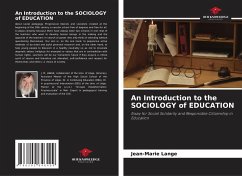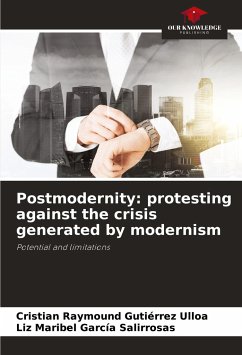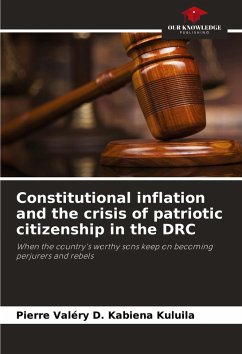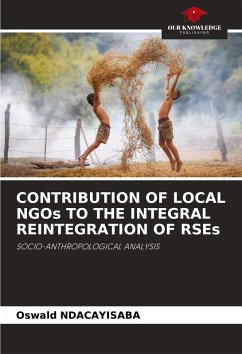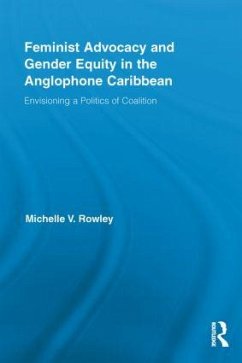
From the Anglophone problem to the crisis
Versandkostenfrei!
Versandfertig in 6-10 Tagen
29,99 €
inkl. MwSt.

PAYBACK Punkte
15 °P sammeln!
We propose to investigate the evolution of the anglophone problem that has led to the crisis in the two English-speaking parts of Cameroon. This problem, which has become crucial for the State of Cameroon, has its roots in the post-colonial period, when one of the preoccupations of the rulers was the formation of a united and stable nation. This led to the postulate of coloniaphony. In other words, attachment to a colonial identity. In a historical-constructivist approach, we have identified three categories of identity construction: the colonial matrix marked by a dual colonial heritage, whic...
We propose to investigate the evolution of the anglophone problem that has led to the crisis in the two English-speaking parts of Cameroon. This problem, which has become crucial for the State of Cameroon, has its roots in the post-colonial period, when one of the preoccupations of the rulers was the formation of a united and stable nation. This led to the postulate of coloniaphony. In other words, attachment to a colonial identity. In a historical-constructivist approach, we have identified three categories of identity construction: the colonial matrix marked by a dual colonial heritage, which laid the foundations for the problem of the form of the state from 1960 onwards; the abolition of federalism in 1972; and, finally, the feeling of marginalization of English-speakers by the French-speaking majority. This problem dates back to 1961, when the political elites of French-speaking and English-speaking Cameroon, with Franco-British assistance, came together to form a federal state. Contrary to Anglophones' expectations, this form of state did not encourage the equal sharing of their dual cultural heritage, including what they consider to be their "cultural heritage".




